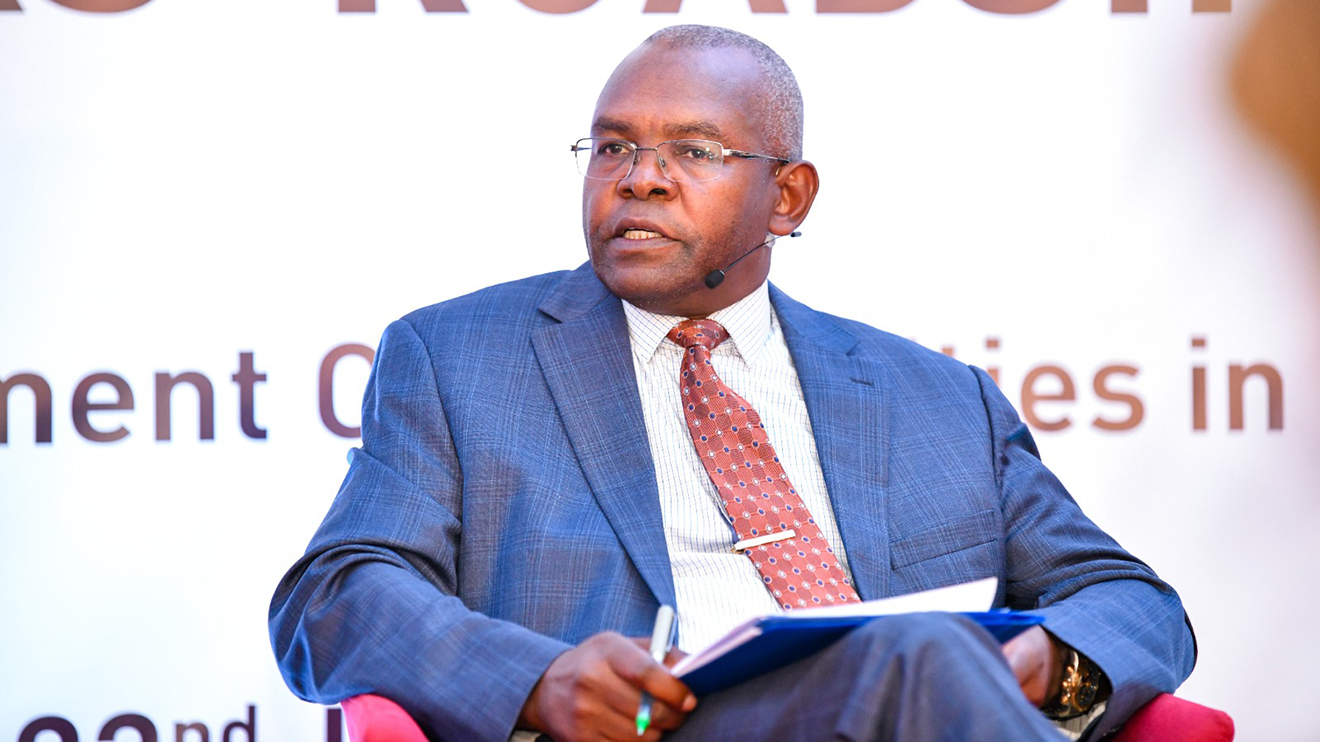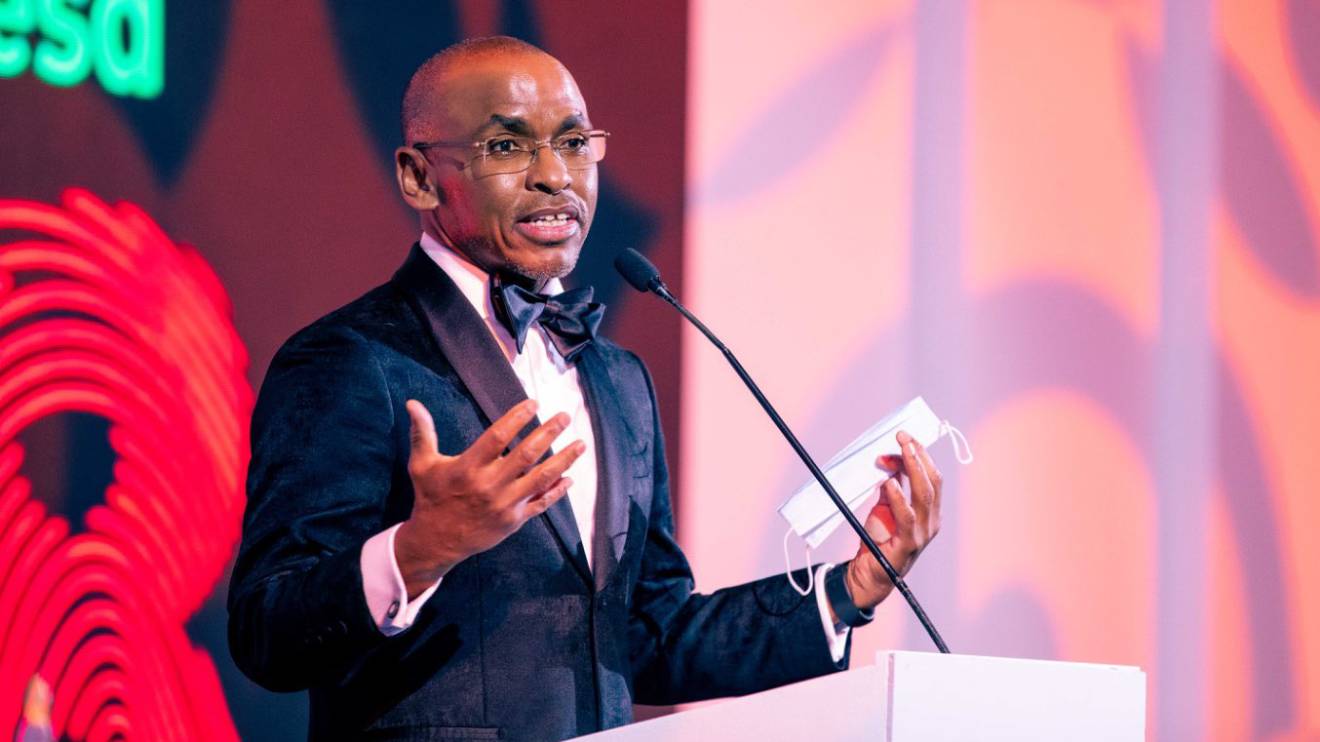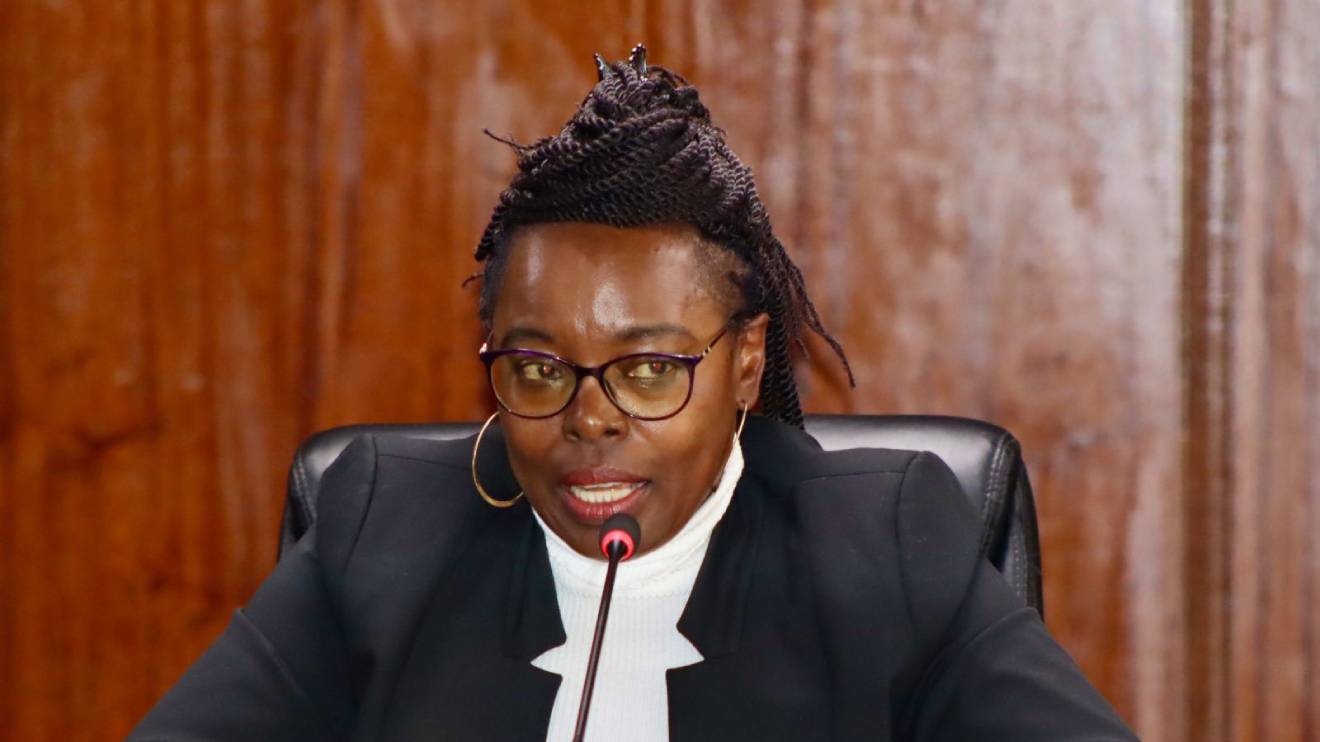Buckingham Palace announced today that King Charles has been diagnosed with a form of cancer, discovered during a recent treatment stay for a benign prostate condition.
The specific type of cancer has not been disclosed, and the Palace has declined to comment on its stage or prognosis.
"During The King's recent hospital procedure for benign prostate enlargement, a separate issue of concern was noted. Subsequent diagnostic tests have identified a form of cancer," Buckingham Palace announced.
The King, 75, has begun "regular treatments" and will postpone public duties during this time.
Read More
However, he will continue to undertake state business and official paperwork as usual.
"His Majesty is grateful to his medical team for their swift intervention, which was made possible thanks to his recent hospital procedure," the Palace statement read.
"He remains wholly positive about his treatment and looks forward to returning to full public duty as soon as possible."
King Charles' decision to share his diagnosis is a departure from the royal family's usual practice of keeping medical information private.
However, the Palace explained that the King made this choice to prevent speculation and in the hope it may assist public understanding for all those around the world who are affected by cancer.
This announcement comes on the heels of World Cancer Day, and it is particularly poignant given Queen Camilla's recent efforts to raise awareness and support for cancer patients through her work with Maggie's, a cancer support charity.
Prime Minister Rishi Sunak and Labour leader Keir Starmer were among the first to send their well wishes to the King, expressing their confidence in his recovery and eagerness to see him back in full health.
While the King's diagnosis undoubtedly brings concerns, his positive outlook and continued commitment to his duties are a source of reassurance for the nation.
His decision to share his diagnosis publicly also serves as a powerful reminder of the universality of cancer's impact and the importance of seeking timely medical attention.







-1756319289.jpg)




